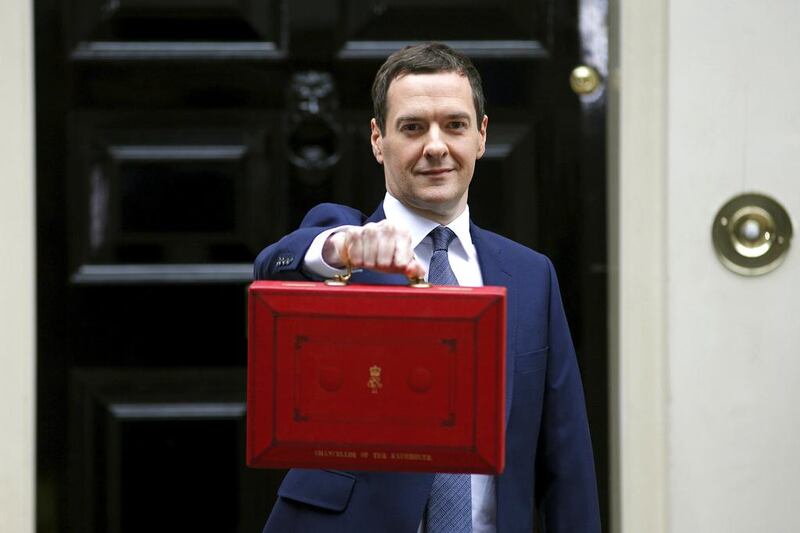The American bank robber Willie Sutton did one memorable thing in his otherwise unmemorable life: he told the truth. Sutton was born in 1901 in New York as William Francis Sutton Jr. In his 40-year criminal career, he stole about $2 million, which is probably about $100 million in today’s money. Sutton reached manhood in the heyday of the American gangster, a time immortalised in all those James Cagney and Humphrey Bogart movies from the 1930s and 1940s. But his life was short on Hollywood glamour. Sutton spent more than half of it in prison. He should have been inside for longer but he escaped three times. A reporter once asked him the obvious question: why do you rob banks?
“Because that’s where the money is,” Sutton replied.
The honesty of a criminal in answering a simple question made me wonder why, if a bank robber can do it, direct honesty can often be difficult in public life. Leaders of organisations, political parties and large businesses frequently fail to talk in a straight and entirely truthful fashion. It is rare to hear an outright lie (although White House watchers might have a different view on that statement). More often, when faced with a hard question, leaders employ various evasions, dodges, obfuscation, spin and sometimes deceit to avoid a Willie Sutton direct answer.
In years of interviewing presidents, prime ministers and chief executives all over the world, I can remember only a handful of times in which a leader has said: "I don't know" in answer to a question. Perhaps everyone I have ever interviewed knows everything about everything, but I doubt it. Nor do I recall many occasions in which a politician has said: "I don't care" when asked a question. In the 1990s British politicians were routinely asked to name their favourite singer in the Brit pop band, the Spice Girls. Serious middle-aged politicians would opine about the merits of Ginger Spice over Posh Spice, Baby Spice or Scary Spice. It was obvious they were more at home talking about crime, GDP figures or taxes, but leaders are very sensitive to the charge that they are out of touch with the lives of ordinary people. Tony Blair made sure that at election time he rehearsed with his staff the price of basic shopping goods such as bread, tinned food or meat so he would seem "in touch". He admitted in his autobiography this was politically sensible but actually ludicrous. Did anyone really expect the British prime minister to pop into the supermarket to buy a loaf of bread? Another well-worn technique is the one employed by the former British chancellor of the exchequer, George Osborne. He once introduced a new tax on British snack foods, including a favourite treat of most ordinary people, the pasty. Mr Osborne was asked when he had last bought one. He spluttered that he could not remember. I cannot be alone in thinking that a more accurate Willie Sutton style of answer would have been: "Do I look to you like someone who has ever eaten a pasty in my entire life?" Mr Osborne dropped the idea of a pasty tax soon afterwards.
In business too, leaders constantly use the honey of soft words to avoid the straight-talking of Willie Sutton. At countless business conferences, I have heard leaders speak of “efficiency savings” or “downsizing” when they mean job cuts. They talk of “challenges” when they really mean “problems” or “difficulties”. A favourite phrase of one effective leader I know is to say: “Well, we are where we are”. It’s a phrase which avoids an argument, even if it means almost nothing.
Of course, we can blame an unforgiving media environment for the fact that blunt honesty is often not rewarded by journalists or by the general public. A prime minister who says: "I don't know" to any question will immediately hear a media chorus of: "What do you mean you don't know? You're supposed to be running the country." But a campaign for Willie Sutton-style straight talk would at least help us avoid disappointment. Political leaders constantly take the credit for good news and blame other villains (often "world economic factors") when things turn sour. Donald Trump seems to think he is personally responsible for the booming US stock market. If the bubble bursts, I doubt he will be quite as enthusiastic in claiming credit. But wouldn't Sutton's candour in a political leader be refreshing?
“Listen,” the leader would say. “I’m not Superman. Or a dictator. My powers are limited. I can make things a little better and I try to avoid making them worse. So give me a break. I’m doing my best.”
Instead we have leaders who promise to "make America great again", win the war on drugs, revitalise the economy and find a Brexit deal that will be simple, quick and easy. Maybe Willie Sutton is the wrong role model after all. His contemporary Groucho Marx is a better guide. “The secret of life is honesty and fair dealing,” Marx once said. “If you can fake that, you’ve got it made.”
Gavin Esler is a journalist, television presenter and author





